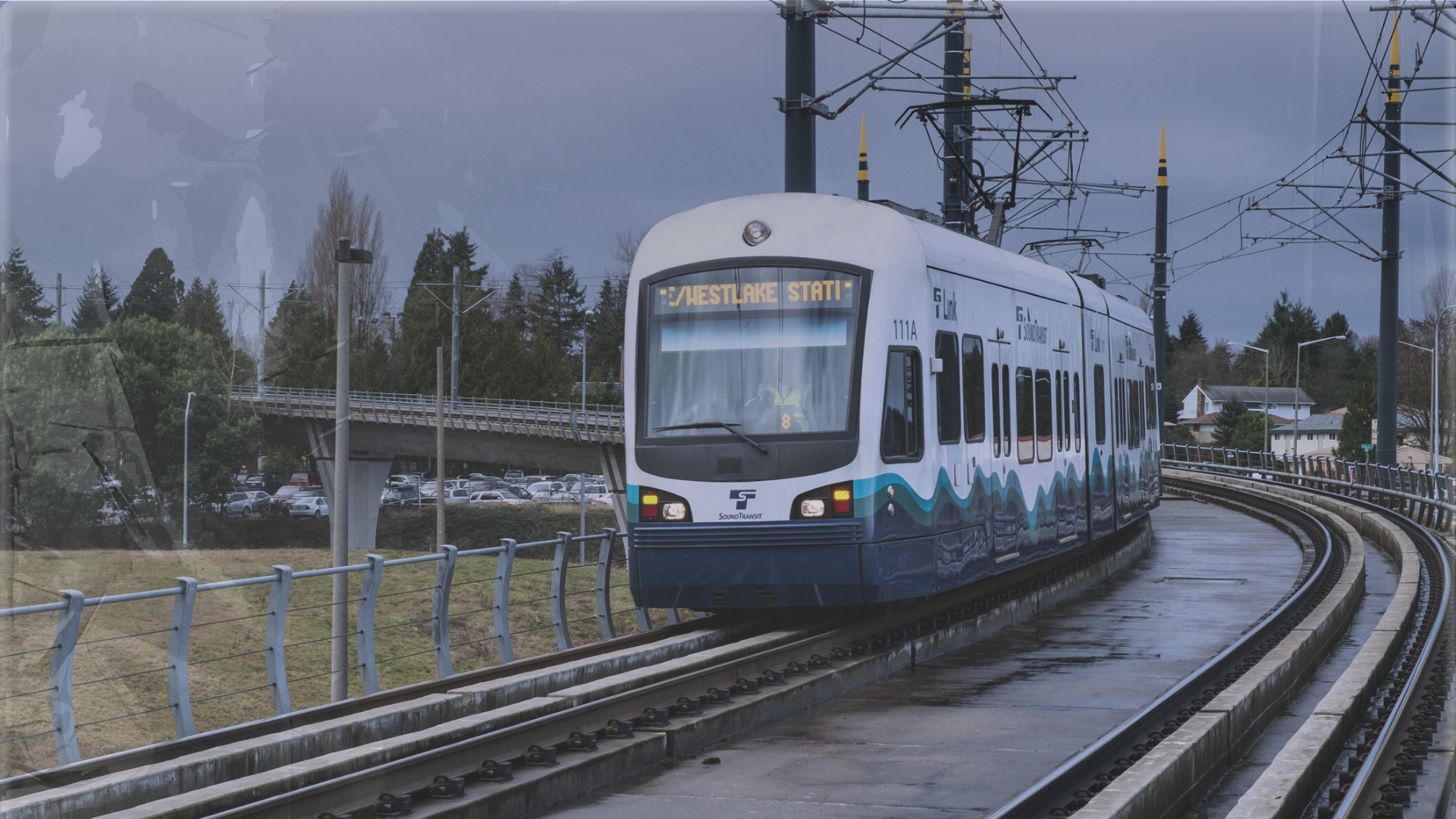![]() Download the full legislative memo here.
Download the full legislative memo here.
Key Findings:
- Initiative 976 calls for $500 million in tax cuts, changes how Sound Transit values vehicles, and ends Transportation Benefit Districts’ authority to impose a car tab tax. During the 2020 session, lawmakers should implement both budget and policy elements of Initiative 976 according to the will of voters.
- Transportation budget cuts should be proportionate to the impact of I-976 as much as possible. The majority of the impact of Initiative 976 is to the state multimodal account, which is where most of the cuts and reprioritization should take place.
- The zero-based budgeting approach should be used to reduce costs and reprioritize programs and projects for the state accounts that are significantly impacted by Initiative 976, such as the state Multimodal Fund, which receives nearly 75 percent of the impact in fiscal years 2020 and 2021. The account budget should be zeroed out, and programs that are funded should be evaluated based on performance.
- Projects related to maintenance and preservation of roads and bridges should be fully funded.
- Projects on WSDOT’s deferral list that are funded exclusively with gas tax dollars and are not directly impacted by Initiative 976 should be removed from the list.
- Implementing the initiative requires difficult cuts that will consume the bulk of session. However, being responsive to the public will help prevent voters expressing their frustration in the future through measures that take an ax rather than a scalpel to the transportation budget.
Continue reading the full legislative memo in the link above.





